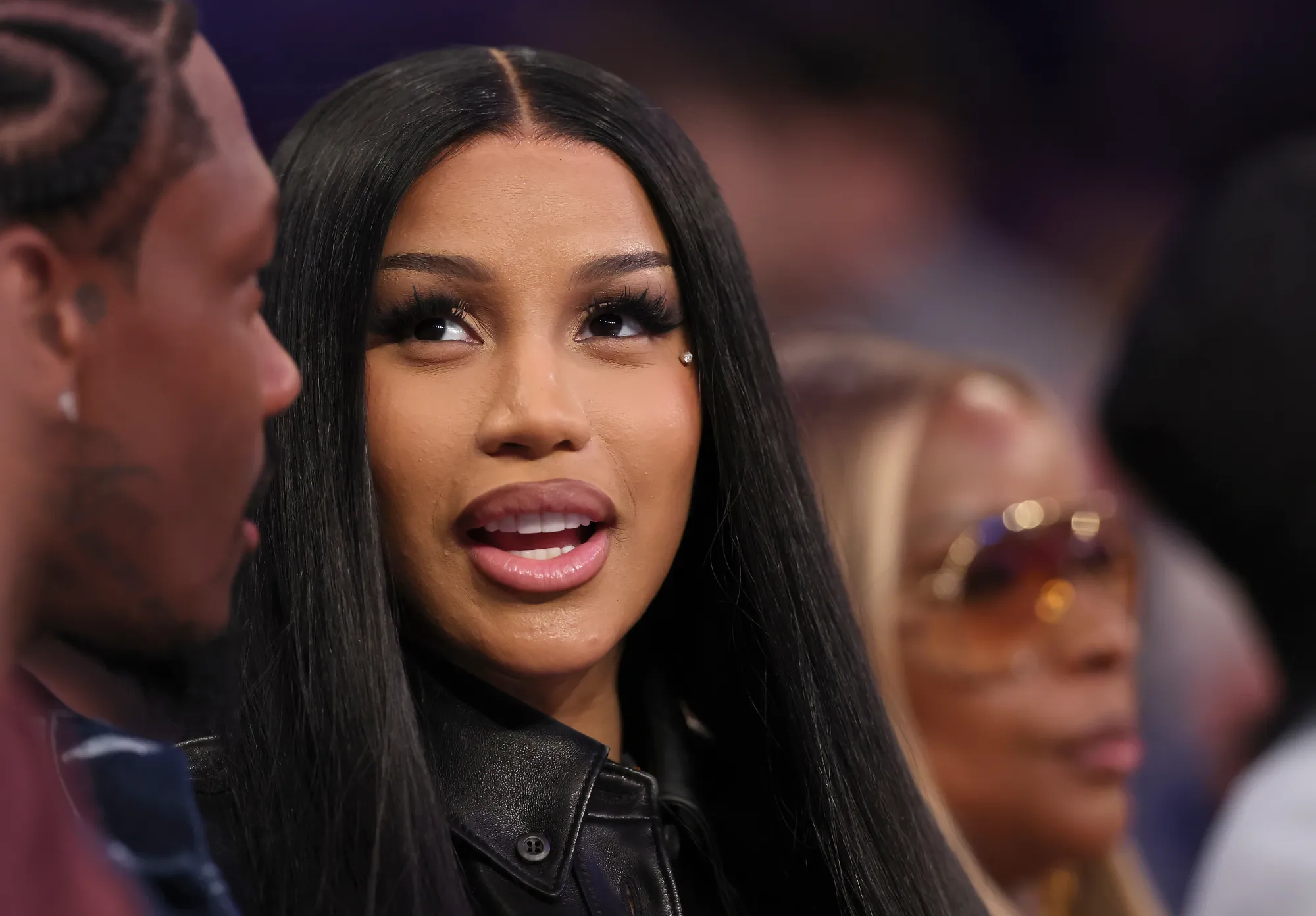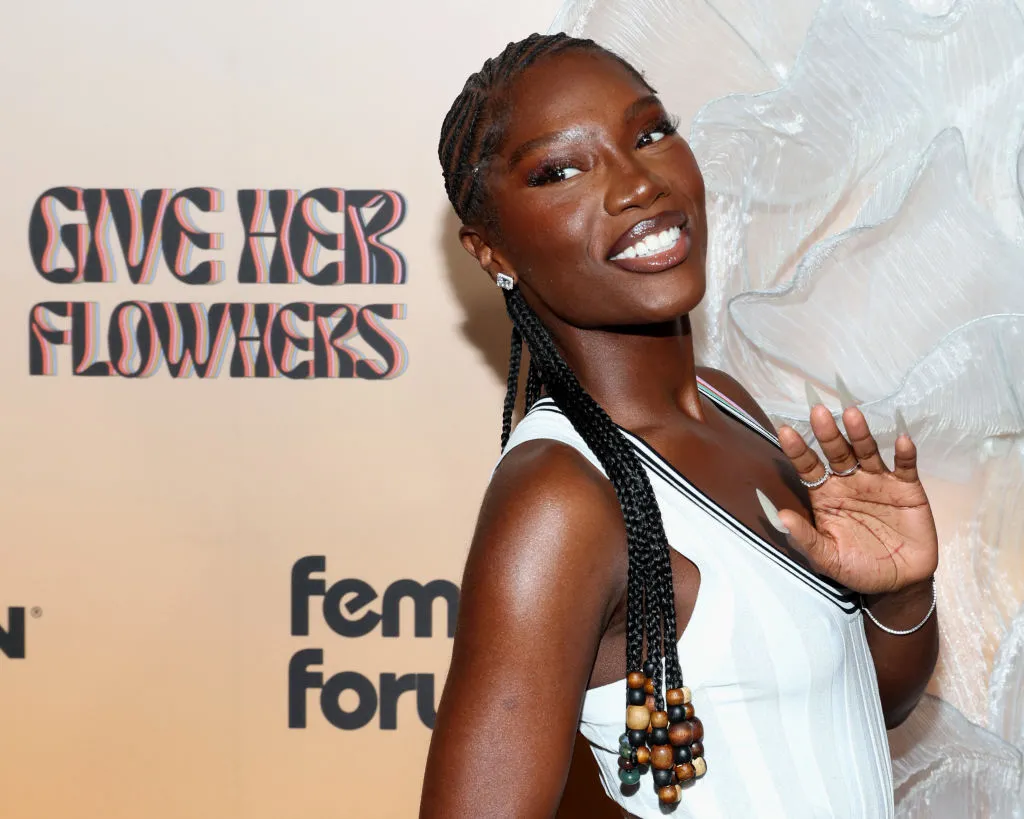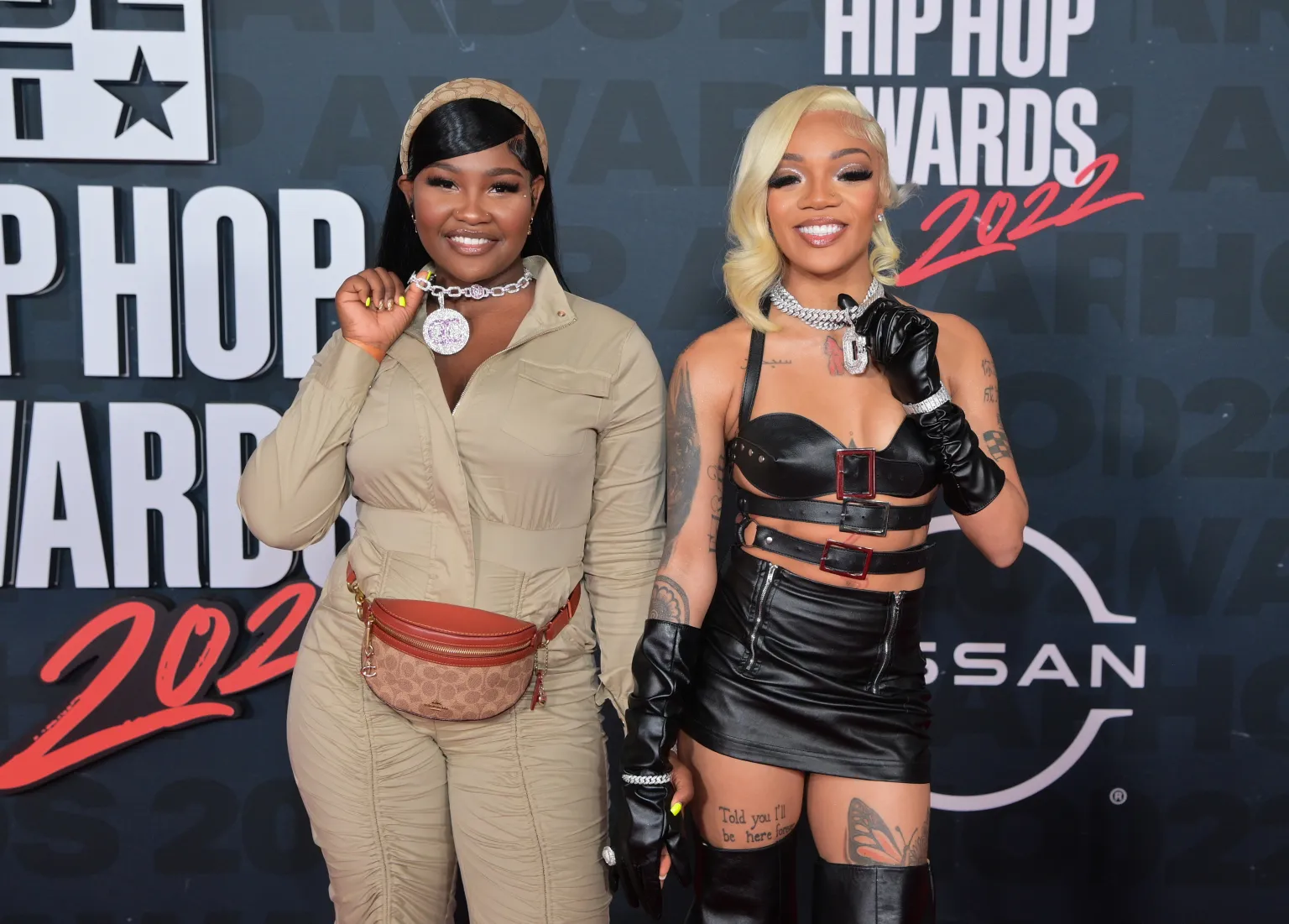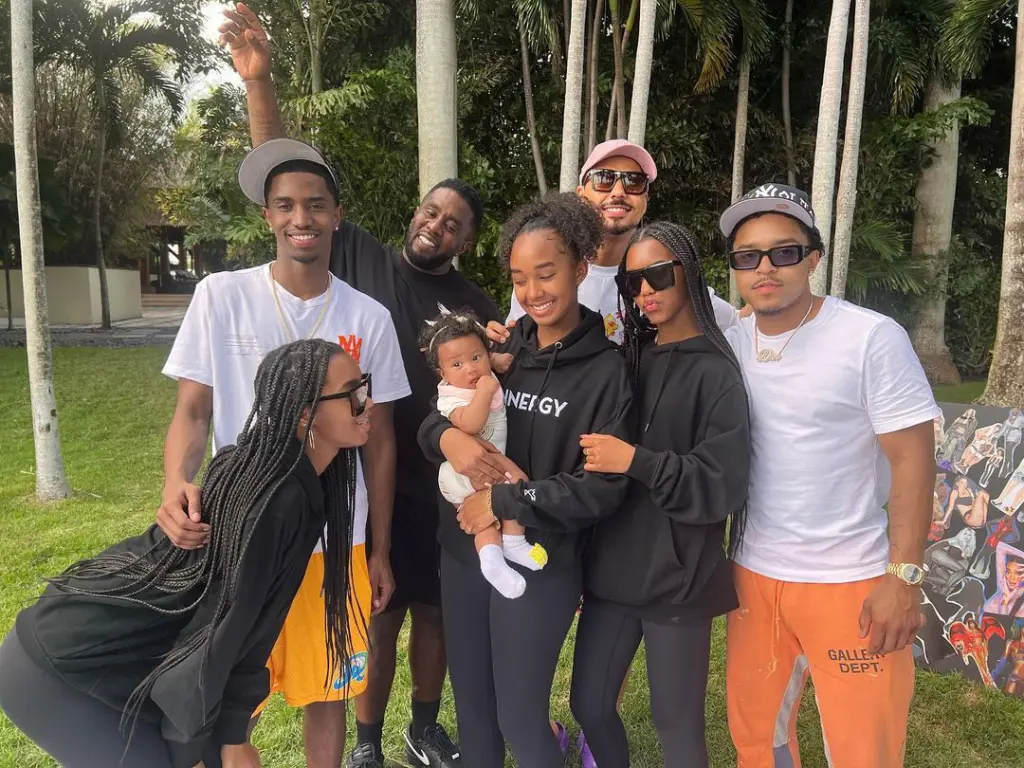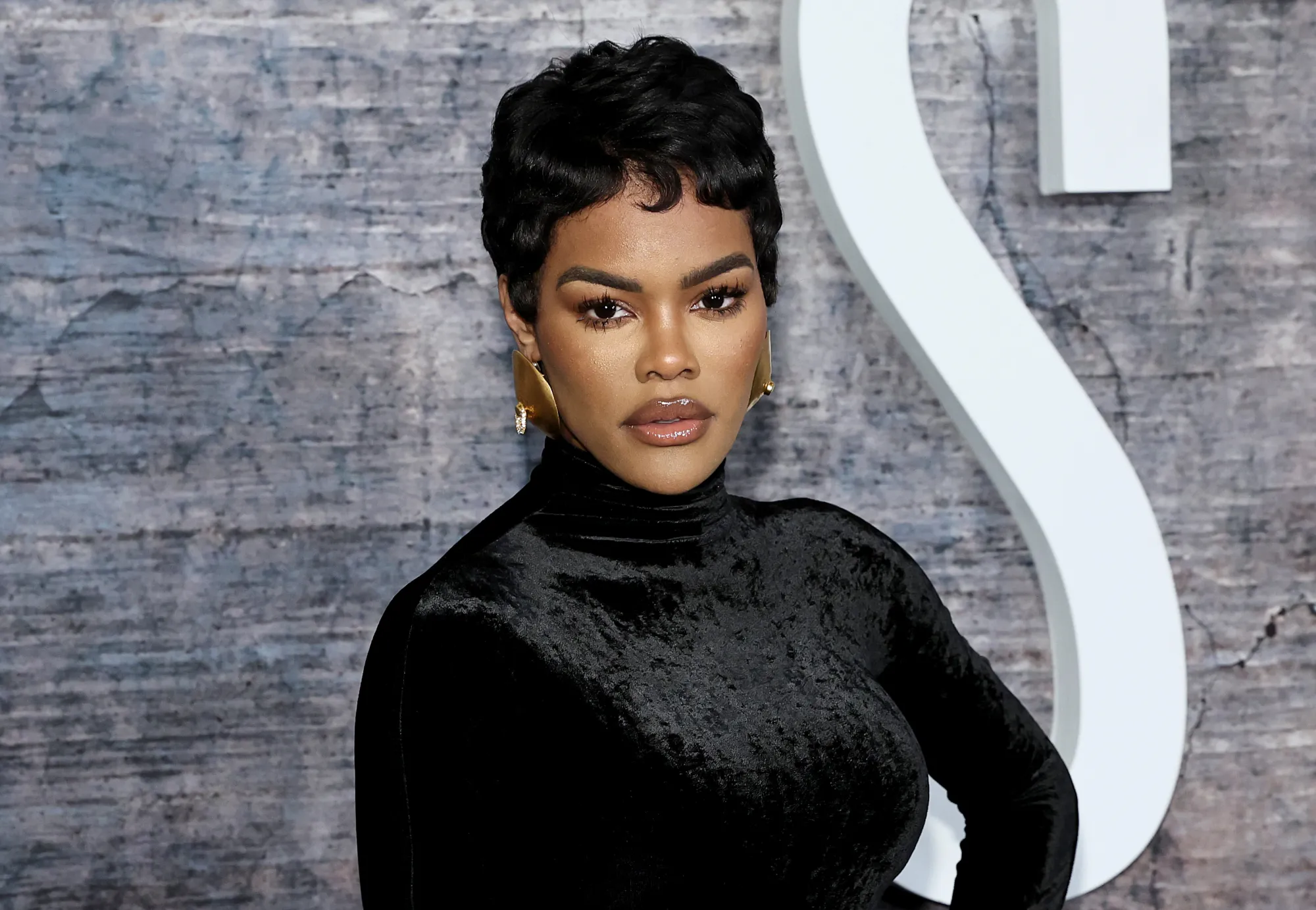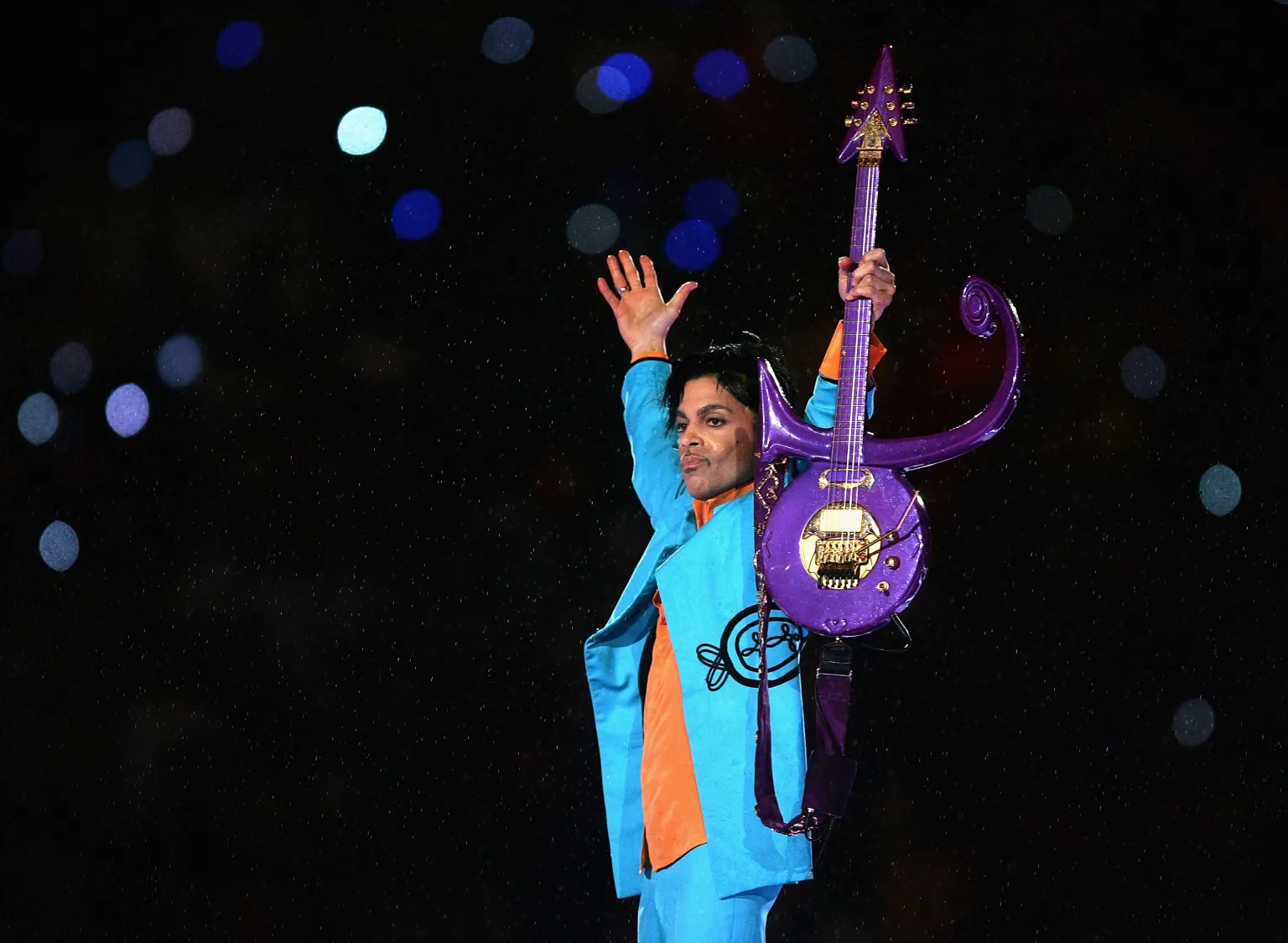Cardi B has long been a lightning rod for debates over authenticity in hip-hop, particularly around the use of ghostwriters. But at the ASCAP Rhythm & Soul Music Awards, the Grammy-winning rapper delivered a pointed message that challenged the stigma head-on.
Upon receiving the prestigious Voice of the Culture Award, the Bronx native used her moment in the spotlight to flip the script on critics who question her creative process.
“I Write. I Co-Write. I Rewrite.”
“I hate the idea that if you don’t write every line on your own, what you say isn’t real,” Cardi B told the crowd. “Music is collaboration. It always has been. The greatest records come from shared energy—pain, joy, spirit.”
Her fiery remarks reframed the ghostwriting debate, shifting focus from the purity of authorship to the power of shared storytelling. Cardi emphasized that, while she collaborates, she’s deeply involved in crafting her music.
“I write. I co-write. I rewrite. I speak my truth,” she added. “My mind, my voice, my emotions live in every verse, every hook.”
She also took time to praise songwriters behind the scenes, recognizing those who contribute to the culture without taking center stage.
Critics Push Back
Despite the heartfelt speech, backlash followed swiftly. Social media reignited the ghostwriting debate, with critics accusing Cardi of using collaboration to dodge the responsibility of writing her own lyrics.
Many purists argue that authentic rap must come from the artist’s own pen, rooted in personal experience and raw emotion. Some dismissed her comments as an excuse for commercial success, claiming her defense waters down the art form.
The Changing Landscape of Hip-Hop
Cardi’s stance, however, reflects a broader evolution in hip-hop culture. In today’s music industry, collaborative creativity is the norm, not the exception. The myth of the solitary rapper is fading—replaced by teams, writing camps, and co-creators working together to craft impactful music.
Her perspective speaks to a new kind of authenticity—one not defined by solitude, but by vulnerability, presence, and intentional storytelling, even if the pen is shared.
Cardi B Isn’t Backing Down
At 31, Cardi B remains one of the most polarizing and powerful voices in modern music. Rather than shy away from criticism, she turns it into dialogue—using her platform to reshape the narrative around hip-hop’s creative process.
“This award isn’t just for me,” she concluded. “It’s for every writer who helps move the culture forward.”
Whether fans agree or not, one thing is clear:
Cardi B’s truth isn’t diminished by collaboration—it’s amplified by it.
???? What’s Your Take?
Is ghostwriting a deal-breaker in rap? Or is the game evolving? Join the conversation in the comments below.






